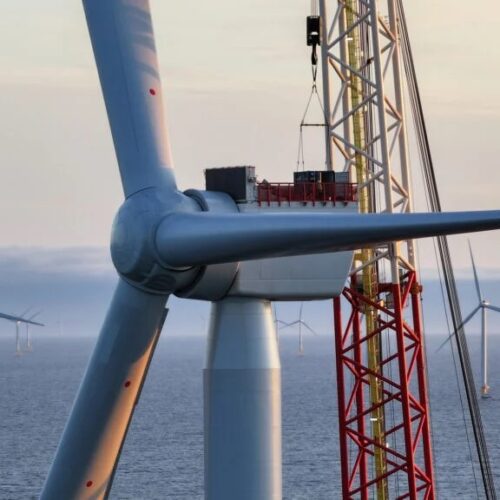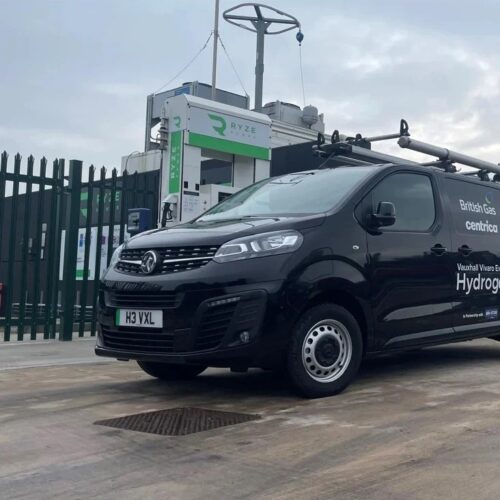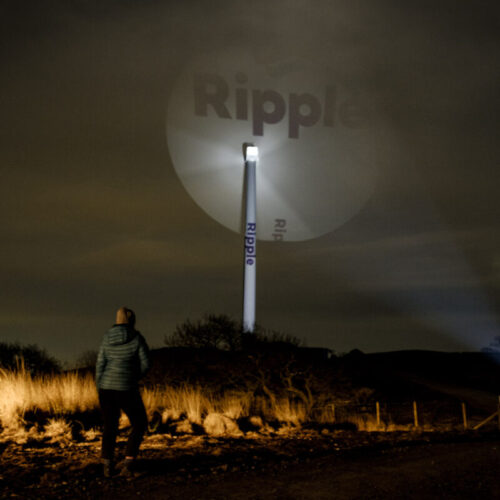The Faraday Institution has opened a call for expressions of interest in the initial phase of its first ‘Transformational Challenge’.
Called UltraStore, the challenge calls for individuals and small teams to work as research consultants with the institution to formulate and develop novel approaches in a co-creation and planning phase, to help develop ultra-low-cost long-duration energy storage solutions.
This challenge is the first in the Transformational Challenge programme, a part of Faraday’s electrochemical energy storage research portfolio, and is currently open for submissions.
According to the Faraday Institution’s website, it is seeking ideas for projects “that look beyond incremental improvement” to consider instead areas that have not yet been the subject of significant research. The deadline to register interest is 25 April 2025.
All energy storage types are within the project’s scope – electrochemical, electrical, thermal, mechanical, chemical or other – and applications are encouraged from as wide a field of disciplines as possible.
The outputs of the co-creation and planning phase will be three to four year research project roadmaps, 12-month work plans and high-level IP and commercialisation strategies.
The Faraday Institute is a registered charity with an independent board of trustees. Funding for the UltraStore call comes from non-departmental public body UK Research and Innovation’s (UKRI’s) Challenge Fund.
UKRI has allotted a £610 million budget for its Faraday Battery Challenge, led by Innovate UK and in partnership with the UK Battery Industrialisation Centre, Faraday Institution and the Engineering and Physical Sciences Research Council.
In 2021, the Faraday Institution committed to a £22.6 million programme of work to improve battery safety, reliability and sustainability. This included looking into recycling and reusing batteries, in particular to increase the sustainability of the future automotive supply chain.
A report released by the research institution in 2023, The Role of Hydrogen and Batteries in Delivering Net Zero in the UK by 2050, revealed that V2G energy storage is modelled to play a “significant role” in providing energy storage, with 45GW of capacity expected in 2050 based on the availability of 10% of the battery electric vehicle (BEV) fleet.
Faraday also committed to researching solid-state batteries for longer EV range. Earlier this month, Mercedes-Benz began road tests for a solid-state EV battery system developed in partnership with US-based Factorial Energy.
Due to the technology’s potential for superior energy density, charging time, safety and longevity, it is well-suited to EV and energy storage system (ESS) applications, but the technology has yet to be deployed commercially at scale.






